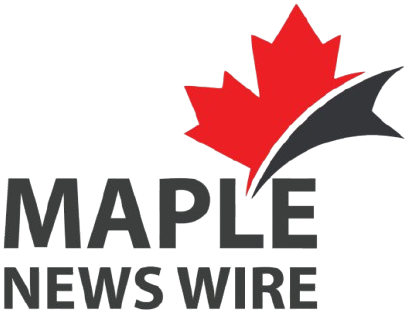A New Jersey firm allegedly built fake websites to bury online scandals tied to Canadians and a CRA-linked scammer, CBC investigation reveals.
Canadian Identities Caught in Web of Fake Sites
In a troubling digital deception, dozens of Canadians—along with a man linked to an alleged multimillion-dollar tax scheme—have found themselves at the center of a tangled network of fake websites designed to manipulate online reputations.
A CBC investigation by The Fifth Estate has uncovered how a New Jersey reputation management firm, cleanyourname.com, operated by David Rosenberg, allegedly flooded the web with bogus content to mask negative news, lawsuits, and criminal records.
The Curious Case of Louis Arriola
Louis Arriola, a U.S. telecom fraud convict once tied to a $63 million Canadian tax scheme, is among the most striking examples. On paper, his online persona dazzles: a Google Scholar profile credits him with 700 academic papers—some dating back to his childhood—while other sites showcase him as an artist and filmmaker.
Yet, as The Fifth Estate found, Arriola’s actual involvement in these fields is dubious at best. His name doesn’t appear on many of the publications, and professors listed on the papers deny any connection.
The Firm Behind the Digital Facade
At the center of this network is David Rosenberg of Lakewood, N.J., whose company markets itself as a specialist in erasing negative information from Google, Yahoo, and Bing search results by creating new “positive” content. But instead of legitimate rehabilitation, the operation reportedly generates fake artist profiles, blog posts, and social media accounts to bury damaging news.
Rosenberg’s own name was once tied to over 140 websites—many simply the names of individuals—before being scrubbed from online records after media inquiries.
Canadians Caught in the Cover-Up
The fallout extends to multiple Canadians, including:
- Dr. David Gerber, a Toronto gynecologist disciplined for misconduct, whose online art profiles appeared just as regulatory complaints surfaced.
- Calgary orthodontist, accused of failing to complete prepaid treatments, who suddenly became the subject of glowing online content.
- Finance professionals Marc Bistricer and Paul Zogala, linked to U.S. Securities and Exchange Commission inquiries, whose names now appear on suspicious art-sharing accounts.
In many cases, the individuals deny hiring Rosenberg or knowing how their names were swept into the scheme. A lawyer for Gerber said the doctor “never authorized” the creation of these sites and has been unable to reach Rosenberg.
Disinformation’s Dangerous Ripple Effect
Experts warn that these tactics erode public trust.
“The whole point here is to confuse people,” said Ahmed Al-Rawi, director of The Disinformation Project at Simon Fraser University. “If people realize that what they are seeing is mostly fake, this will definitely decrease their trust—even when it comes from credible sources.”
The scheme also raises questions about the thin line between digital reputation management and online deception, and whether current laws are equipped to confront this murky terrain.
Web of Deceit Unravels
Following CBC’s inquiries, many of the 140 connected websites were quietly moved to new servers, making them harder to trace. While Rosenberg initially answered a phone call before hanging up, neither he nor his lawyer have responded to follow-up questions.
As the digital landscape grows more complex, cases like this expose the alarming ease with which reputations can be manipulated—and how truth itself can become a casualty of the algorithm.




